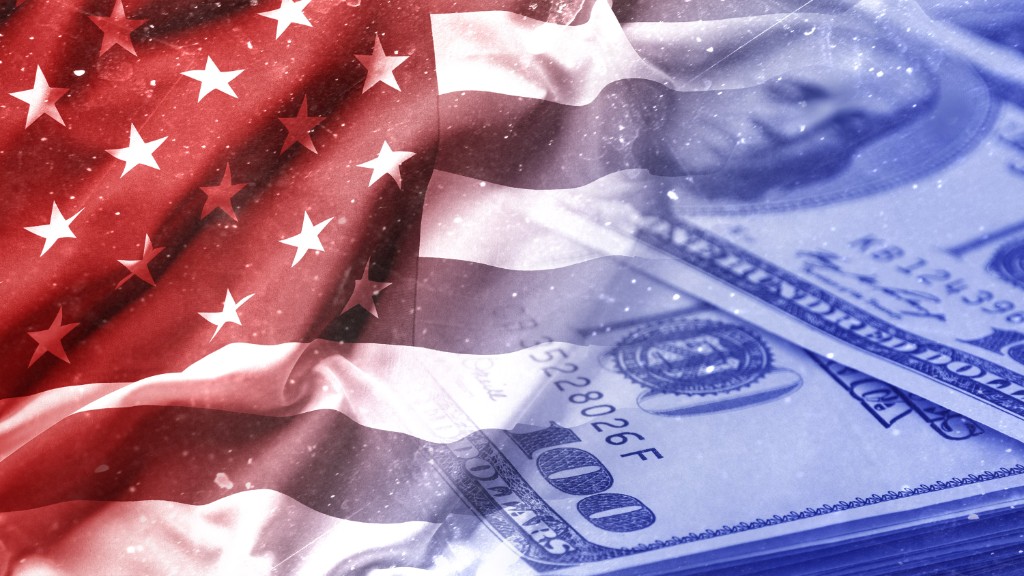
Wall Street's stalwarts are worried that the Federal Reserve is running out of options.
They believe that a dangerous combination of the central bank's super low interest rates along with the lack of action from Congress are creating a perilous economic environment.
"It's a very dangerous time in the global economy and global financial markets," Paul Singer, founder of hedge fund Elliott Management, warned at the Delivering Alpha conference in New York. "Monetary policy is the only game in town."
Singer argues that low interest rates and all the money-pumping central banks have done since the financial crisis are actually pushing global growth lower, instead of buoying it. Central banks have pumped roughly $9 trillion into financial markets since the crisis.
Singer isn't alone in his criticism. Hedge fund legend Ray Dalio says the Fed's policymakers aren't sparking the growth that their policies are aimed at achieving.
Related: Global central banks flood the world with money
"You can't lower interest rates more," Dalio, founder of Bridgewater Associates, said at Delivering Alpha. He believes central banks' "limited ability to produce stimulation," with lower rates will plague the global economy with slower growth.
Their warnings play into a larger debate about global central banks' influence on the world's economy.
The Fed put interest rates at zero in 2008 and has barely lifted them up since then. The Bank of England cut interest rates further after Brexit. The European Central Bank and Japan's central bank have negative interest rates, taking the most extreme measure to spark growth. And global growth has continued to slow, not rebound.
Advocates say central banks prevented the Great Recession from worsening, and they're helping to keep fragile global growth afloat while Congress and parliaments across the world take little action.
Related: Why isn't the Fed raising rates?
Critics say the Fed and others shouldn't keep rates low since the world isn't in crisis mode anymore. They say, if rates aren't raised soon, central bankers will be short on options to handle the next financial crisis. Plus, one rate hike won't impact markets very much, they say.
"Let's just raise rates," JPMorgan (JPM) CEO Jamie Dimon said Monday in Washington. He argues a typical rate hike is "a drop in the bucket."
Even those in the middle, say central banks in the U.S., Europe and Asia are low on choices.
"Central banks in developed markets are much closer to the frontier of what's possible than I think any of us have ever seen," Timothy Geithner, former U.S. Treasury Secretary and president of private equity firm Warbung Pincus, said Tuesday.
Experts, and even Fed leaders, agree that Congress needs to pick up the slack. For example, there's been very little in the way of economic stimulus created, such as infrastructure spending on building new roads, railways and bridges. Federal spending of that kind creates jobs and makes workers of all stripes more productive.
Related: The U.S. economy's biggest problem right now
While experts believe the Fed is running low on options, they're split on what the bank should do next. Dimon and Singer believe the Fed should raise rates. Dalio is against a rate hike, saying that raising rates could hamper growth, which is already weak.
The Fed has a meeting scheduled for next week. Its leaders appeared split in recent days too. Last week, two regional Fed presidents argued for raising rates sooner, rather than later. But on Monday, another Fed Governor Lael Brainard cautioned against raising rates, calling for "prudence."
The decision will come after the Fed's two-day meeting, when ends September 21.


